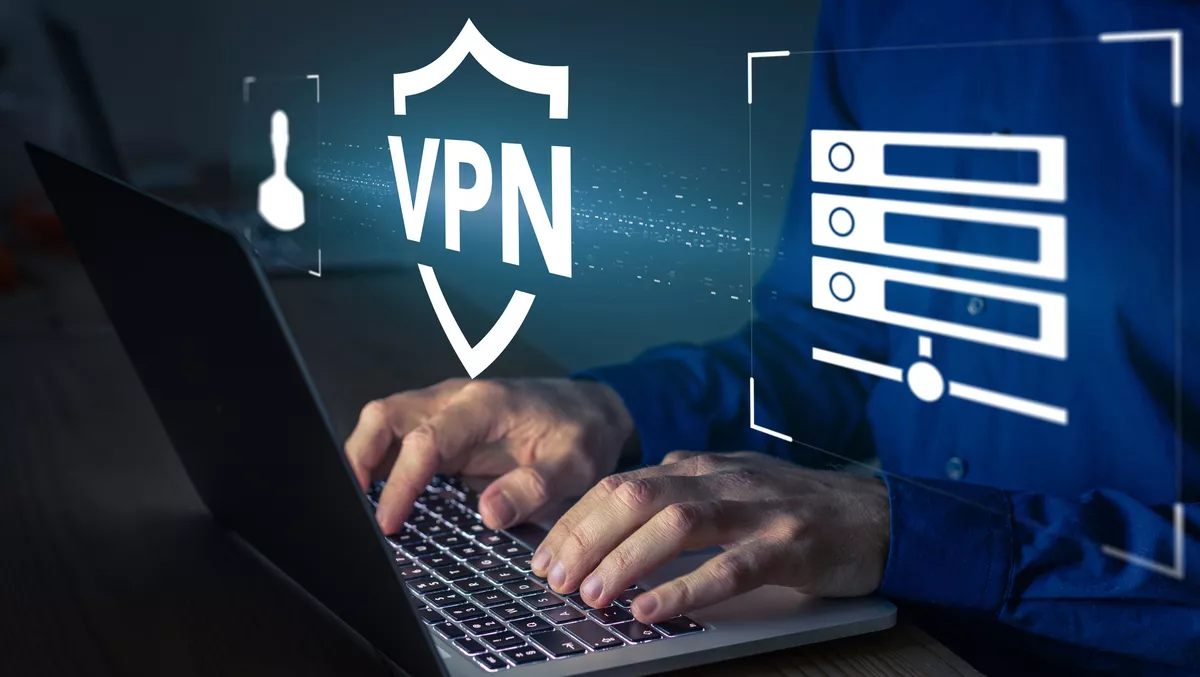
Link revealed between censorship and VPN surges across Asia
Countries across Asia are experiencing a surge of VPN networks, an uptake that is likely due to increased censorship in the region.
ProtonVPN, which specialises in VPN services, conducted a study that took data from their users who signed up in the past 18 months. The analysis encompassed economic, social, and political ongoings that were happening in each country.
Myanmar (Burma), Hong Kong and Russia all recorded a record surge in sign-ups, with their respective political and social climates seen to be linked.
In the case of Myanmar (Burma), ProtonVPN believes that military coups and VPN surges are significantly related. This is because when the military obtains a blank check to rule a society, one of its first actions is taking unilateral control over the airwaves and internet.
VPNs become one of the only sources of contact with the outside world, and therefore a surge is generally expected.
On February 4th 2021, the analysis saw a massive surge in Myanmar/Burma with 200 times more sign-ups (followed by another two weeks of high sign-up rates), in line with high profile political detainments.
Hong Kong saw a spike of five times their average VPN sign-ups on January 9th 2021, coinciding with China's enforcement of new internet restrictions on Hong Kong (The Hong Kong National Security Law).
Russia experienced multiple VPN surges over a sustained period. The first instance was a spike five times their average VPN sign-ups on November 5th 2020, at the same time as a national holiday that celebrated a historical event driving away Polish-Lithuanian occupation forces from Moscow.
Other VPN usage increases in the country coincided with protests around the arrest of opposition leader Alexei Navalny, with many fearing detainment or arrest should they be found to have spoken out against the government online.
ProtonVPN CTO Samuele Kaplun says that the company believes in protecting basic human freedom of speech rights and says VPNs create effective methods of change and resilience.
"Free access to information and freedom of speech are basic human rights. However, the internet has given authoritarian governments the greatest tool for censorship the world has ever seen and the number of shutdowns and blocks has been increasing year-on-year," he says.
"ProtonVPN has long stood up for the rights of activists, campaigners and normal people around the world fighting censorship and oppression.
People generally turn to VPNs for security and privacy and to ultimately keep their data safe; however, it is only one tool, and a combination of tools is highly recommended for users. In addition, checking privacy policies and device settings are good ways to also help protect and maintain data.

